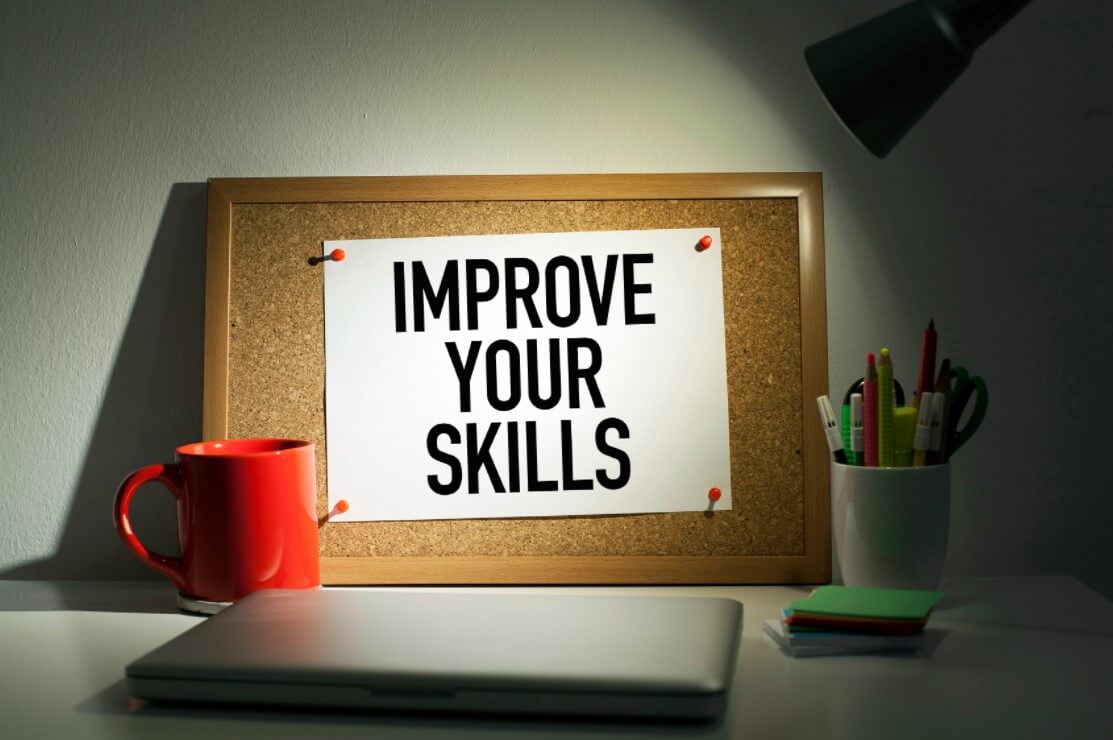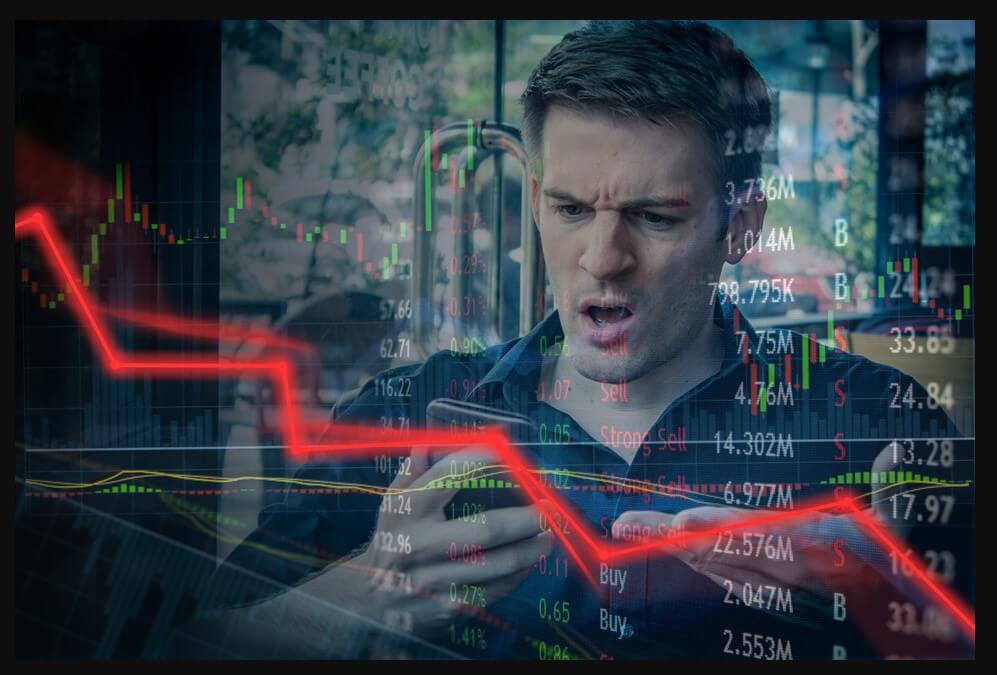Those that decide to pursue forex trading fall into two categories: those that go on to make a profit and continue trading, and those that lose money and quit. While everyone hopes to become one of the traders that finds themselves on the path to success, many people simply don’t realize the simple factors that can make you or break you when it comes to trading in the forex market. First, you need to start by understanding the basics of forex trading.
An Introduction to Forex Trading
The term forex refers to the foreign exchange market, which is an online global exchange market where people buy and sell different currencies. This includes regular people and professional traders, along with bigger entities like banks, hedge funds, brokers, specific companies, and other high-stakes investors. The value of the currency that people are buying and selling changes based on several different factors, including but not limited to:
- Interest rates and inflation rates
- The country’s current debt
- Unemployment data
- The housing market
- Politics
- Supply & demand
- Economic factors
As you can see, the value of each country’s currency is primarily affected by factors that are associated with money, government, and economic data. In order to make informed trading decisions, traders keep up with news events and look at economic calendars for updates that tell them a currency’s value may change. Other methods that are used to decide what currencies to trade include technical and fundamental analysis.
What Is a Currency Pair?
A currency pair includes two different currencies that are paired against one another. For example, EUR/USD. This means that the (base currency) Euro is being traded against the (counter currency) United States Dollar. This is the most used pair in the world, but there are also several other major, minor, and exotic pairs that can be traded.
- Major currency pairs include EUR/USD, USD/JPY, GBP/USD, USD/CHF, AUD/USD, USD/CAD, GBP/EUR, EUR/CHF, EUR/JPY, and the NZD/USD.
- Minor currency pairs don’t include the United States Dollar. The most common examples are the British Pound (GBP), the Euro (EUR), and the Yen (JPY).
- Exotic currency pairs are made up of one major currency, traded against a currency from a developing country. The Turkish Lira (TRY) is one example of an exotic currency.
Traders choose which currency pairs to buy or sell based on the change in price with the goal of making a profit. It’s generally considered the safest to trade major currency pairs, while exotic currency pairs can be more volatile and riskier to traders, so be sure to choose wisely.
Must-Follow Tips for Success
Now that we’ve covered the basics of forex trading, it’s time to dish out some of the most helpful tips that can help you reach long-term success. Simply being aware of this information can help to ensure that you get started on the right foot without falling victim to common trading mistakes.
- Choose the Right Broker: There are a lot of choices out there, but you’ll need to do some research to make sure you’re working with a reputable broker. It’s also important to compare account types, fees, funding methods, and other important aspects before you open a trading account. Know that choosing a broker with fewer fees means that more of your profits will wind up in your pocket.
- Develop a good trading strategy: There are a lot of different strategies out there that appeal to all kinds of different traders. You’ll need to choose one that fits with your schedule and determine the reasons why you will enter trades, how much money you’re willing to risk, etc.
- Don’t open an account until you’re ready: You shouldn’t rush to open a trading account until you understand the market and you’ve developed a solid trading plan. Some brokers will even charge you for inactivity if you deposit funds but choose to hold off on trading until you feel ready. Instead, open a demo account for practice.
- Try to limit distractions in the place where you plan to trade. Background noise, music, television, conversation, and other noises can cause you to lose your focus. Also, try turning off your phone or at least put it on silent if social media keeps pulling you away from your work.
- Never risk more than you can afford to lose: Don’t get caught up using extremely high leverage options or risking large amounts on your trades in an effort to make a large profit quickly. It’s better to be safe than sorry when it comes to forex, especially if you’re a beginner.
- Don’t enter a trade if there isn’t a good reason to do so: Even if you haven’t entered any trades for the entire day, don’t enter one for the sake of doing it just because you’re bored or feeling unproductive. It’s better to choose not to trade at all with no money lost than it is to enter a trade and lose money you could have spared with patience.
- Never stop learning: Even once you have a good understanding of the forex market and strategies, there’s always more to know. Be sure to spend time reading about psychology-related trading material, checking out tips and tricks from other traders, watching educational videos, or anything else that helps to expand on your knowledge as a forex trader.
- Keep a trading journal: Trust us, you’re going to refer back to your trading journal more than once, so don’t take the lazy way out on this one. Be sure to log specific details about the trades you take and check on your progress from time to time.
- Don’t give up: If you start to lose money, don’t panic and start risking more to make up for it. The best way to handle this is to take a step back and look at your trading journal to see if you can figure out what’s going wrong. If you think your strategy is to blame, try making changes and testing on a demo account before you go back to your live account. Staying calm and figuring out the problem is what separates successful traders from the large percentage of those that give up.





 Self-doubt: The strange thing about self-doubt is that it often comes when we are doing the best that we have. A few wins in a row and you may begin to wonder why you are doing so well, it must just be luck, it won’t continue, these sorts of thoughts are more common than you may think. The problem with these thoughts is that they will take away all of your motivation to continue, it will make you want to stop as you are ahead and you won’t be able to continue. If you are following a strategy, just remember that you made that strategy, you are doing well and you certainly do deserve it.
Self-doubt: The strange thing about self-doubt is that it often comes when we are doing the best that we have. A few wins in a row and you may begin to wonder why you are doing so well, it must just be luck, it won’t continue, these sorts of thoughts are more common than you may think. The problem with these thoughts is that they will take away all of your motivation to continue, it will make you want to stop as you are ahead and you won’t be able to continue. If you are following a strategy, just remember that you made that strategy, you are doing well and you certainly do deserve it.